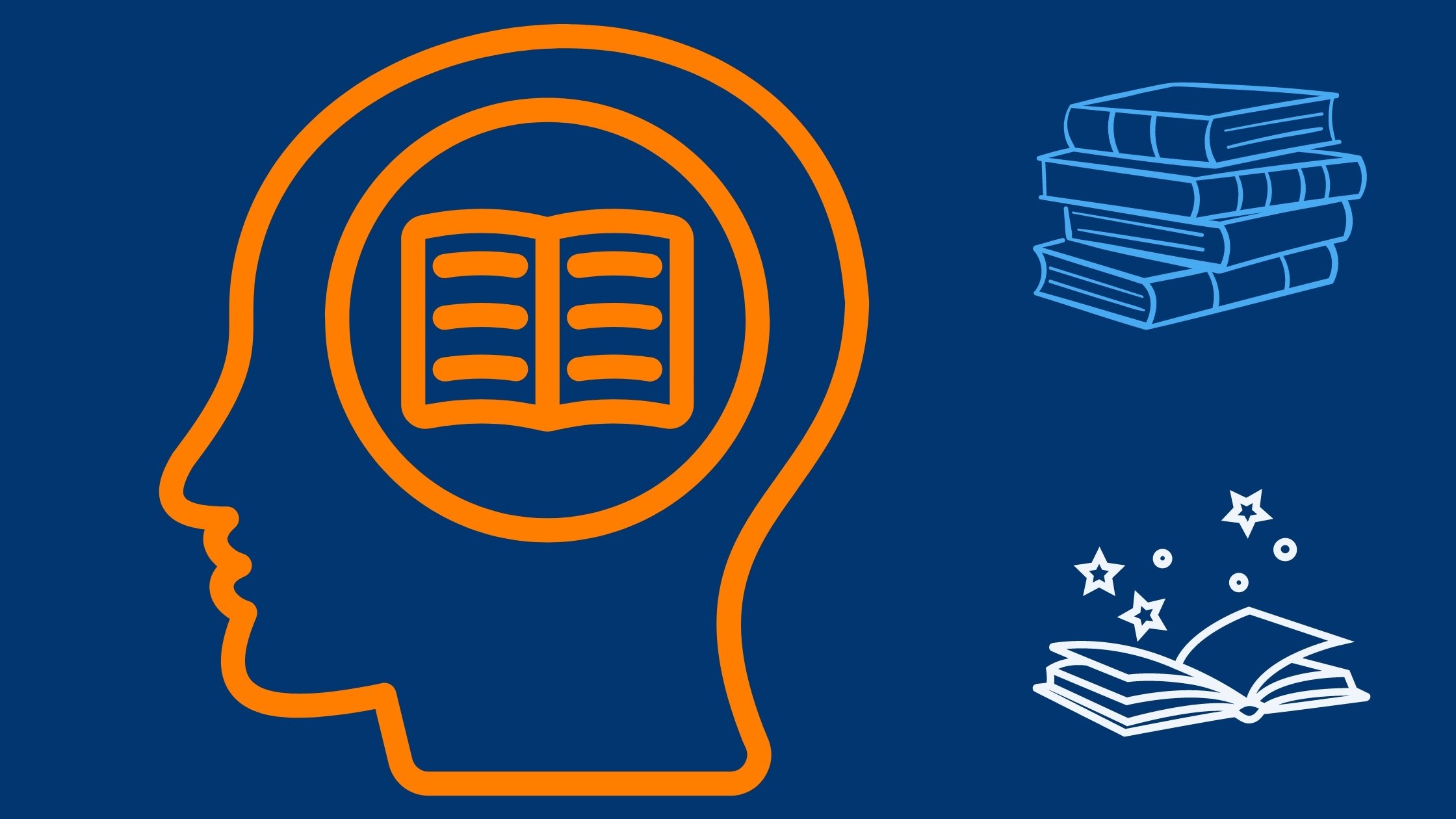I learned something new today, and for me, that is a win! McKeown introduces the concept of the Swedish Death Cleaning. This is a process by which you get “rid of clutter you have accumulated through your life while you are still alive. It’s an alternative to the more typical practice of simply leaving this task for your loved ones to do for you later.” While I am familiar with other similar versions of this (think Marie Kondo, Cal Newport’s Digital Minimalism, Fumio Sasaki’s Goodbye, Things, and even McKeown’s Essentialism), I had not heard of this Swedish practice.
The Common Theme: Less is More
All of these concepts have one thing in common—less is more. We will be more productive with fewer distractions and less clutter. We will be able to attend to the more important things in our lives, such as spending time with loved ones or even giving ourselves time to recharge if we are surrounded by less non-essential noise.
The Joy of Purging
Damien and I even talked about something related to this topic the other day. He mentioned how one of his former co-workers enjoyed the act of moving because it forced him to purge unwanted items and start uncluttered at the new home.
Immediate Action for Decluttering
Sasaki’s book Goodbye, Things advocates for discarding “something right now” while reading the book. I like it when books have an immediate and direct action like that—no beating around the bush. He also talks about how decluttering can help you change your mindset to value experiences and create memories over material possessions.
The Challenge of Letting Go
So the question becomes, if we know that less is more and is good for us, why do we hold on to the things that take up space and cause unwanted distractions? For some, it may be an emotional attachment; for others, it may be a perceived lack of time; and for many, it may be just simple procrastination.
Ponder This
- What items could you let go of to create more space for what truly matters?
- How can you apply the principles of minimalism to your business?
- What immediate actions can you take today to start decluttering your environment?
Share your thoughts and experiences in the comments below!
Books
- Effortless - Greg McKeown
- Essentialism - Greg McKeown
- Digital Minimalism - Cal Newport
- Goodbye, Things - Fumio Sasaki


Comments